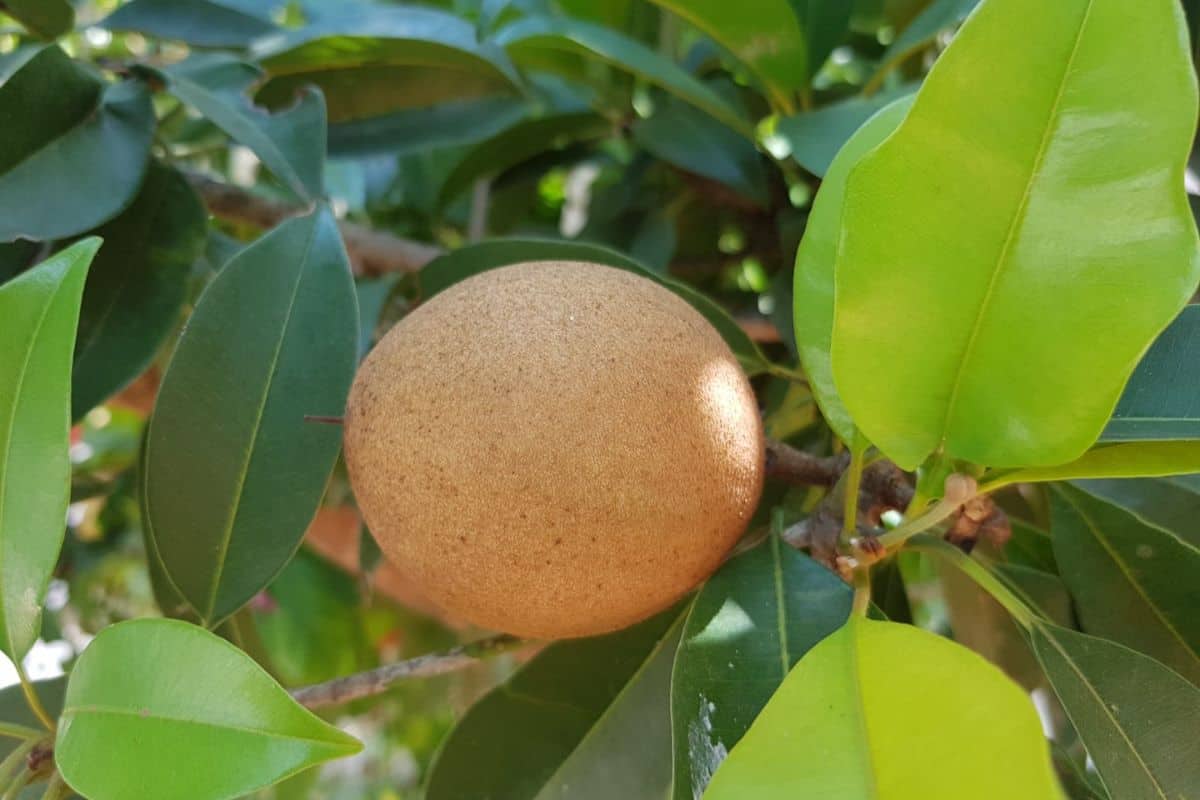
The Role of Organic Farming in Sustainable Food Production and Community Health

The Role of Organic Farming in Sustainable Food Production and Community Health
Introduction:
At the MAA Foundation, we understand that nurturing nature is essential for a sustainable future. Our commitment to regenerative agriculture not only protects soil and ecosystems but also ensures healthy food production for future generations. By focusing on hands-on learning experiences at our Holy Sai Outdoor Learning Centre in Pollachi, we aim to educate and inspire individuals to adopt sustainable farming practices.
Soil Health and Enrichment
One of the primary goals of regenerative agriculture is to improve soil health. Healthy soil is the backbone of a thriving ecosystem, supporting plant growth, water filtration, and carbon sequestration. At the MAA Foundation, we implement practices like composting, crop rotation, and the use of cover crops to enhance soil fertility. These methods help maintain soil structure, reduce erosion, and increase biodiversity. By focusing on soil health, we ensure that our farming practices are sustainable and beneficial for the environment.
Sustainable Pest and Weed Management
Regenerative agriculture also involves sustainable pest and weed management strategies. Instead of relying on synthetic chemicals, which can harm the environment, we use natural pest control methods and promote biodiversity. Beneficial insects, crop diversity, and organic mulch are some of the techniques we employ to manage pests and weeds effectively. These practices not only protect the environment but also produce healthier, chemical-free crops. By adopting these methods, we create a balanced ecosystem that supports plant and animal life.
Conservation of Native Breeds and Biodiversity
At the MAA Foundation, we prioritize the conservation of native animal breeds and biodiversity. Native breeds are integral to maintaining ecological balance and promoting resilience against diseases and climate change. Our high welfare standards ensure that these animals are healthy and well-cared for, contributing to a diverse and robust ecosystem. Additionally, conserving native breeds supports local agriculture and preserves genetic diversity. By focusing on biodiversity, we enhance the resilience of our agricultural systems and promote sustainable living.
Conclusion:
Regenerative agriculture is crucial for protecting our soil and ecosystems, fostering a sustainable and healthy future. At the MAA Foundation, we are dedicated to implementing and promoting practices that enhance soil health, manage pests and weeds sustainably, and conserve native breeds. By choosing regenerative agriculture, we not only support environmental sustainability but also ensure the well-being of future generations. Join us in our mission to nurture nature and create a resilient and thriving ecosystem for all.
Recent Post


The Role of Organic Farming in Sustainable Food Production and Community Health
